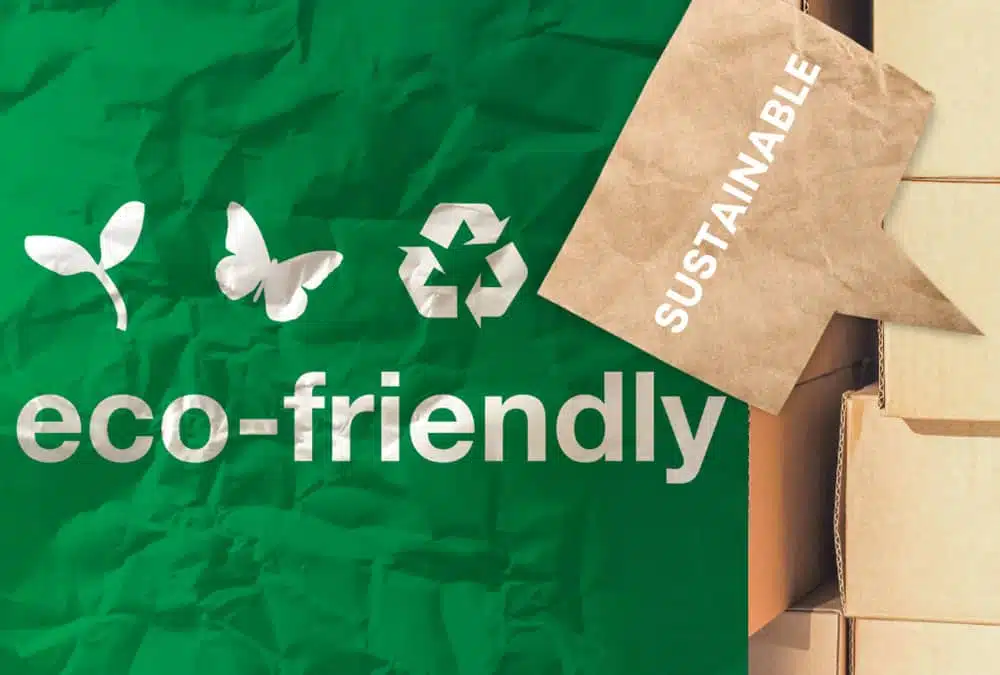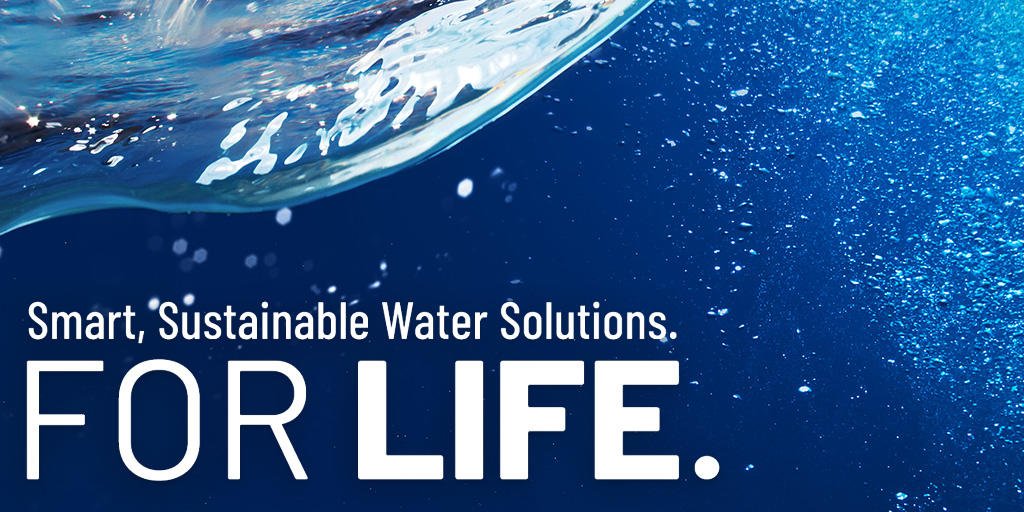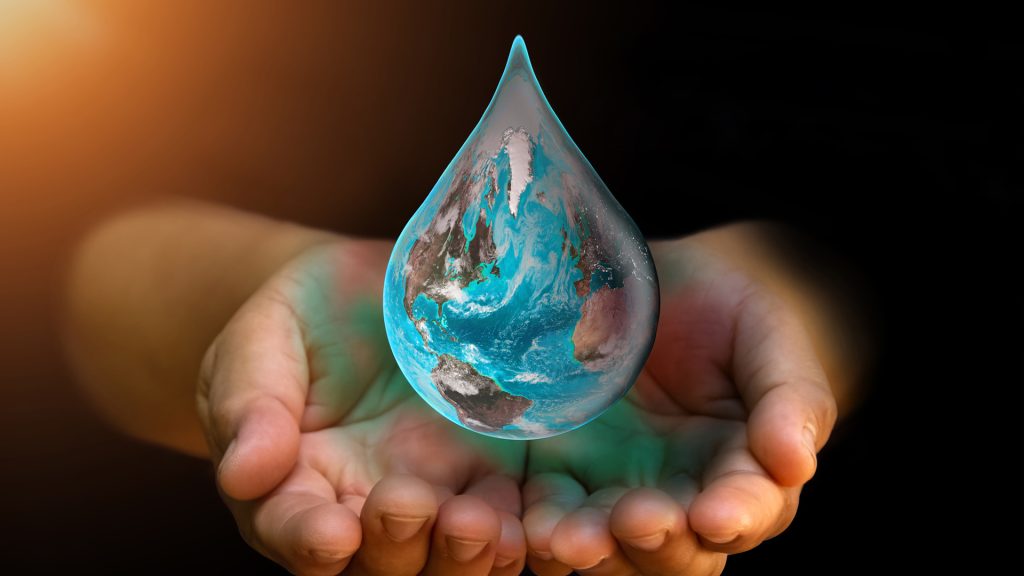Introduction
In today’s world, sustainability has become a buzzword for all the right reasons. As our environmental concerns grow, so does our need to find sustainable solutions to everyday challenges. One such challenge is the consumption of bottled Water. In this article, we’ll explore the world of sustainable water brands, shedding light on their environmental impact, business practices, and why you should consider switching to these eco-conscious options.
The notion of sustainability has seeped into every aspect of our lives, including the Water we drink. Traditional bottled Water, often criticized for its environmental impact due to single-use plastic bottles, has led to the emergence of sustainable water brands. These brands focus on eco-friendly practices, ethical sourcing, and social responsibility, making them a compelling choice for conscientious consumers.
The Environmental Toll of Traditional Bottled Water
Traditional bottled water production involves vast amounts of plastic, contributing significantly to pollution and waste. Moreover, the transportation of bottled Water consumes considerable energy, further exacerbating the industry’s carbon footprint. While sustainable water brands may have a slightly higher price point, the long-term benefits for the environment and communities far outweigh the costs.
What Makes a Water Brand Sustainable?
Sustainable water brands prioritize environmental responsibility, focusing on three key aspects: packaging, sourcing, and ethical practices. They minimize their ecological footprint by addressing these areas while contributing positively to society.
Eco-Friendly Packaging
Sustainable water brands prioritize packaging solutions that reduce the use of plastic and focus on recyclable, biodegradable, or reusable materials. These choices help combat plastic pollution and reduce waste in landfills.

One of the hallmarks of sustainable water brands is their commitment to eco-friendly packaging. They opt for materials like glass or recyclable plastics, reducing the environmental impact of their products.
Efficient Water Sourcing
Sustainable brands are meticulous about sourcing Water responsibly. They often choose local sources, reducing the carbon emissions associated with long-distance transportation and supporting the communities where they operate.
Reducing Carbon Footprints: Sustainable Sourcing
Sustainable water brands use energy-efficient production processes and transportation methods to minimize their carbon footprint. Some even utilize renewable energy sources to power their operations.
Sustainable water brands often source their Water from local and renewable sources, minimizing transportation emissions. This approach not only reduces carbon footprints but also supports local communities.
Supporting Local Communities
Many sustainable water brands engage in community development initiatives, such as building infrastructure for clean water access in underserved areas. This benefits communities and aligns with the United Nations Sustainable Development Goals.
Consumer Awareness and Ethical Choices
Consumers play a pivotal role in promoting sustainability. Choosing sustainable water brands and advocating for responsible practices can drive positive change in the industry.
Sustainable water brands understand that their responsibility extends beyond the environment. They prioritize ethical sourcing, ensuring that the communities involved in water extraction and production benefit fairly.
Social Responsibility and Ethical Practices
Ethical practices are at the core of sustainable water brands. They engage in fair labor practices, support community development, and promote transparency throughout their supply chain.
Leading the Charge: Notable Sustainable Water Brands

Several notable brands have paved the way for sustainable water consumption. Companies like “EcoFlow” and “AquaPure” have gained recognition for their dedication to environmental and social responsibility.
Volvic
Nestled in the heart of France, Volvic has earned its reputation as a pioneer in sustainable hydration. The brand sources its Water from the picturesque Auvergne region, known for its untouched volcanic landscapes. Volvic is committed to protecting this pristine environment and its 100% recyclable bottles.
Flow
Flow is another name synonymous with sustainability. Hailing from Canada, Flow’s naturally alkaline spring water is sourced responsibly. Their Tetra Pak cartons are eco-friendly and ensure that their Water remains untouched by light and air until it’s enjoyed.
JUST Water
JUST Water has redefined sustainability in the beverage industry. A bottle made predominantly from renewable resources like paper and sugarcane represents a groundbreaking shift from traditional plastic bottles. Their commitment to ethical sourcing and community development in regions like Glens Falls, New York, showcases a holistic approach to sustainability.
Beyond Bottled Water: Sustainable Hydration Innovations
Sustainable hydration continues beyond the bottle. Innovative technologies and eco-friendly alternatives are shaping the future of eco-conscious hydration.
Water Filtration Stations
In many cities, water filtration stations are becoming commonplace. These stations allow individuals to refill their reusable bottles with filtered tap water, reducing the need for single-use plastic bottles.
Edible Water Bubbles
Imagine a world where Water isn’t stored in bottles but in edible bubbles made from seaweed extract. This innovative concept is gaining traction as an eco-friendly alternative to traditional packaging.
Hydrogen Water
Hydrogen-infused Water makes waves for its potential health benefits and minimal environmental impact. It involves infusing Water with molecular hydrogen, offering a new dimension to sustainable hydration.
Consumer Benefits of Choosing Sustainable Water
By opting for sustainable water brands, consumers reduce their environmental impact and enjoy the assurance of clean, responsibly sourced Water. Additionally, supporting ethical brands provides a sense of contributing to a more significant cause.

Opting for sustainable water brands not only reduces one’s carbon footprint but also supports ethical and environmentally responsible business practices. It promotes a mindset of responsible consumption.
Tips for Sustainable Water Consumption
Consumers can further support sustainability by reducing waste, recycling, and making mindful choices in their water consumption habits.
Educational Initiatives and Advocacy
Raising awareness about sustainable water brands and advocating for their adoption can accelerate positive change. Educational initiatives play a vital role in this process.
The Future of Sustainable Water Brands
As environmental consciousness grows, the future looks promising for sustainable water brands. Their innovative practices and commitment to the planet position them as leaders in the beverage industry. As the world races towards a sustainable future, the landscape of water consumption is evolving rapidly.
Sustainable water brands are at the forefront of this transformation, setting new standards for eco-friendly practices, source protection, and community engagement.
The demand for sustainable water brands reflects a profound shift in consumer values. By prioritizing eco-consciousness, transparency, and responsible sourcing, these brands are quenching our thirst and contributing to a healthier planet. As we embrace sustainable hydration, we pave the way for a more sustainable future—one refreshing sip at a time.
Conclusion
Sustainable water brands offer a refreshing solution in a world of paramount environmental concerns. By prioritizing eco-friendly packaging, responsible sourcing, and ethical practices, these brands not only quench your thirst but also contribute to a sustainable future.
Sustainable water brands are more than just a refreshing drink; they are a commitment to a greener, cleaner future. By choosing these brands, you quench your thirst and contribute to preserving our planet. Let’s raise our glasses to sustainability, one bottle at a time.

